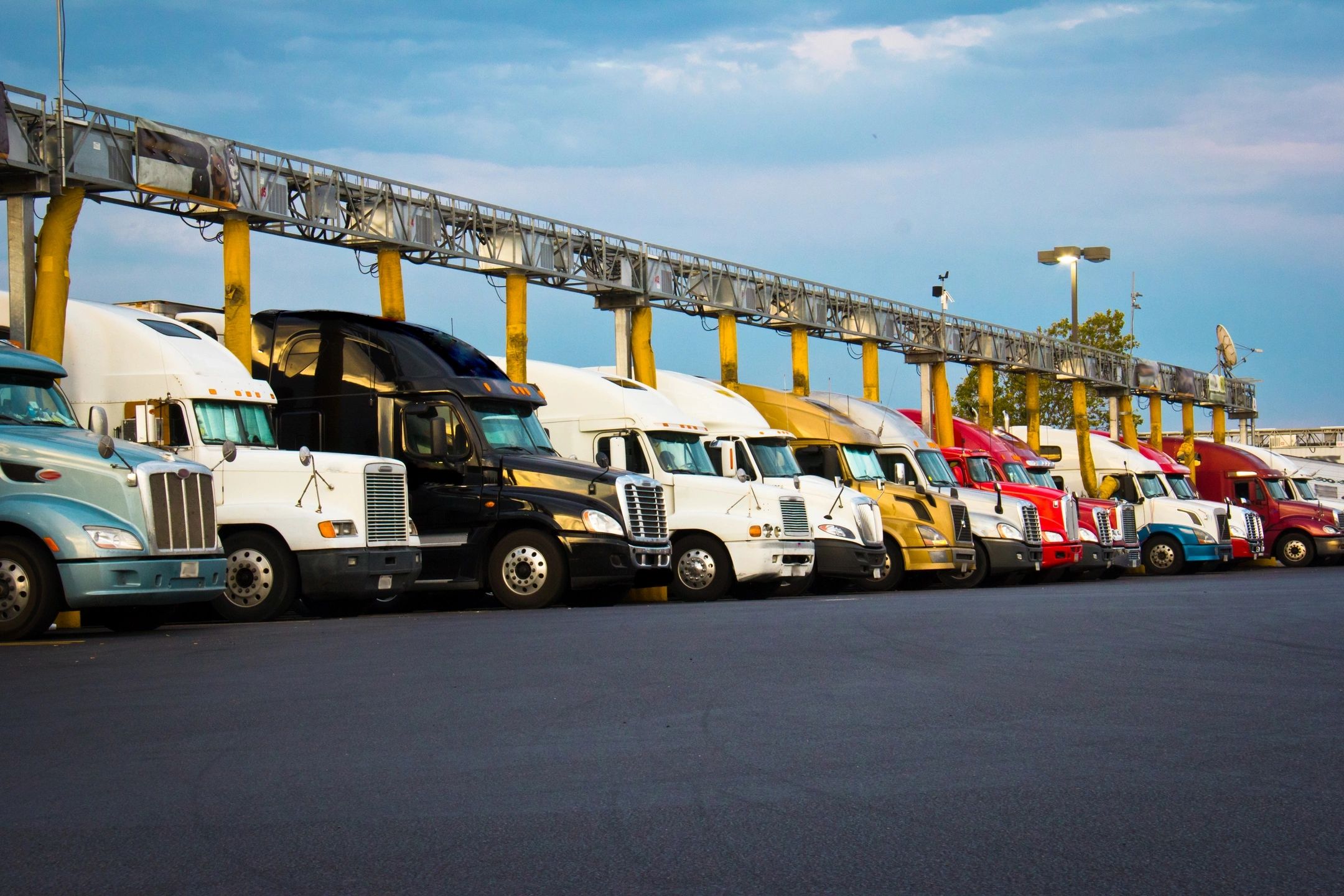Under California law, non-exempt employees are entitled to one unpaid 30-minute meal period and two paid 10-minute rest breaks during a typical 8-hour shift. However, California’s meal and rest break rules (“MRB rules”) do not apply to interstate truck drivers.
If you’re asking yourself why truck drivers do not get the benefits of California’s more generous meal and rest break rules, the answer is federal preemption.
Background
The Motor Carrier Safety Act of 1984 empowers the Secretary of Transportation to “prescribe regulations on commercial motor vehicle safety,” including regulations ensuring “the responsibilities imposed on operators of commercial motor vehicles do not impair their ability to operate the vehicles safely.” (49 U.S.C. § 31136(a).) The Secretary delegated its rulemaking and preemption authority to the Administrator of the Federal Motor Carrier Safety Administration (FMCSA).
In 2011, the FMCSA revised the federal hours-of-service (HOS) regulations and adopted the rules on breaks for truck drivers including one 30-minute rest break for every eight hours worked. This break requirement supplemented longstanding federal regulations prohibiting a driver from operating a commercial motor vehicle if too fatigued or unable to safely drive.
Preemption (Federal Law v. California Law)
The HOS regulations on breaks and California’s MRB rules are very different. On the one hand, California’s Wage Order 9-2001, which applies to “all persons employed in the transportation industry,” guarantees employees two 10-minute rest breaks and one 30-minute lunch break during a typical 8-hour shift. California employers who fail to provide a such breaks must pay the employee one additional hour of premium pay, at the employee’s regular rate of compensation, for each day the meal or rest break is not provided. On the other hand, that same employee would only be entitled to one 30-minute break for that same 8-hour shift under the FMCSA’s HOS regulations.
This conflict between federal and state law created chaos for trucking companies and made compliance unreasonably burdensome. In response, the American Trucking Associates (ATA) petitioned the FMCSA to preempt California’s MRB rules.
In December 2018, the FMCSA examined the issue and determined that California’s MRB rules were preempted under 49 U.S.C. 31141(c) because they “caused an unreasonable burden on interstate commerce.”
In 2021, the Ninth Circuit upheld the FMCSA determination and confirmed that California’s more rigorous MRB rules for interstate truck drivers were preempted by the federal HOS regulations. (International Brotherhood of Teamsters, Local 2785 v. Federal Motor Carrier Safety Administration, 986 F. 3d 841 (9th Cir. 2021)). This decision affected truck drivers everywhere since, as the Ninth Circuit noted, 50% of the nation’s total container-cargo volume enters this country through California’s three major ports.
The FMCSA determination and Ninth Circuit decision in Int’l Brotherhood of Teamsters, Local 2785 was clear that the preemption applied to long-haul drivers (drivers that generally complete trips outside of a 150-mile radius from their work location).
In 2022, the California Court of Appeal in Espinoza v. Hepta Run, Inc. addressed the open question of whether the FMCSA preemption order also covers short-haul drivers. (Espinoza v. Hepta Run, Inc., 74 Cal. App. 5th 44 (2022)) Plaintiff Espinoza worked as a short-haul truck driver. He filed a lawsuit alleging, among other things, that he was not provided meal periods and rest breaks in compliance with California law. His employer, Hepta Run, Inc., filed a motion for summary adjudication asserting that Espinoza’s meal and rest period claims were preempted by FMCSA’s preemption order. The trial court denied the employer’s motion and Espinoza prevailed at trial. On appeal, the Second District Court of Appeal held that short-haul drivers are also covered by the FMCSA preemption order and, therefore, not governed by California’s MRB rules.
Possible Change: California Seeks Preemption Waiver
In November 2023, the California Attorney General and Labor Commissioner filed a petition requesting waiver of the FMCSA’s order preempting California’s MRB rules as applied to drivers of commercial motor vehicles subject to the HOS regulations (Docket ID FMCSA-2019-0048). Petitioners contend that California’s MRB rules “provide substantial health and safety benefits to drivers and the public and there is no tangible evidence that their enforcement has weakened the national supply chain.”
In response to the petition, the FMCSA requested comments by February 26, 2024, and that commentators address the following four issues:
- Whether and to what extent enforcement of a State’s meal and rest break laws with respect to intrastate property-carrying and passenger-carrying CMV drivers has impacted the health and safety of drivers;
- Whether enforcement of State meal and rest break laws as applied to interstate property-carrying or passenger-carrying CMV drivers will exacerbate the existing truck parking shortages and result in more trucks parking on the side of the road and whether any such effect will burden interstate commerce or create additional dangers to drivers and the public;
- Whether enforcement of a State’s meal and rest break laws as applied to interstate property-carrying or passenger-carrying CMV drivers will dissuade carriers from operating in that State; and
- Whether enforcement of a State’s meal and rest break laws as applied to interstate property-carrying or passenger-carrying CMV drivers will weaken or otherwise impact the resiliency of the national supply chain.
The FMCSA has received 52 comments, but its disposition remains pending as of October 28, 2024. The FMCSA has not issued its determination of California’s petition for waiver of the preemption order and there is no indication as to when a decision will be made.
Take Aways
At present, the FMCSA’s preemption of California’s meal and rest break rules applies broadly to the trucking industry. California’s meal and rest break rules do not apply to truck drivers subject to federal HOS regulations, regardless of whether they are long-haul or short-haul drivers. However, that may change depending on the FMCSA’s decision on California’s pending waiver petition.
Trucking companies and companies that have logistical functions should review their meal period and rest break policies and consult with legal counsel if they have specific questions about the applicability of the FMCSA preemption order to their drivers.





